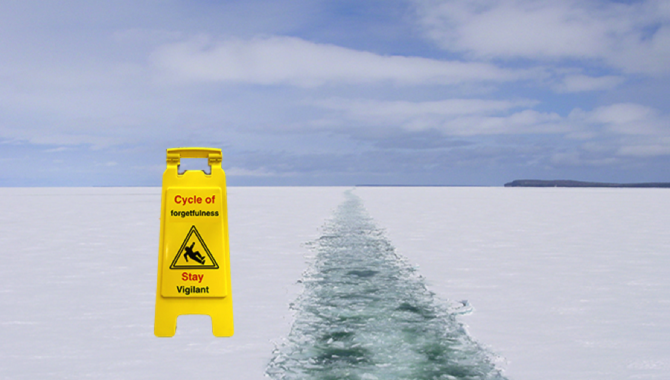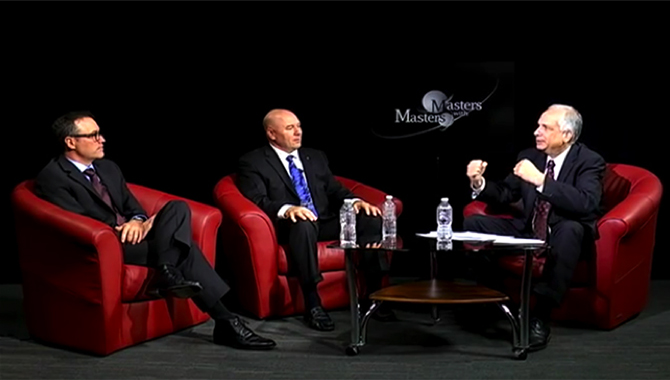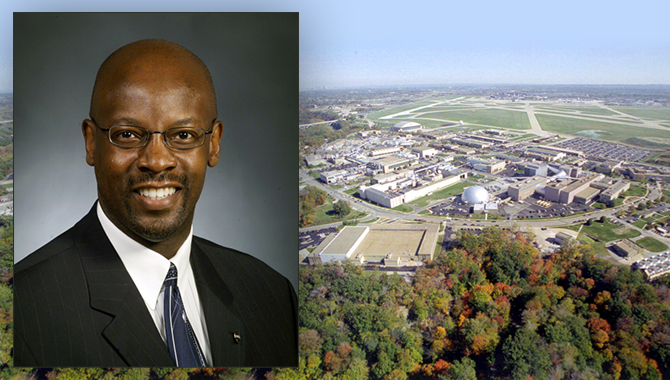
Image Credit: NOAA/NASA
Mishaps serve to remind us that low probability– but high consequence– events will occasionally occur.
A momentary relaxation in our attention may prompt a near miss that makes us hyper vigilant for a period of time. Shoe leather slips as we walk an icy pavement. As the adrenalin rush subsides, we return to our nominal state. Over time, the effect of the lesson learned on our behavior may be greatly diminished until a recurrence of the triggering event.
This Cycle of Forgetfulness also characterizes the response of organizations to mishaps. When a threat to mission success or personnel safety is manifested in a mishap, it raises the signal-to noise ratio relative to that of other latent risks. The organization may respond with a comprehensive campaign to fix the perceived institutional defect, including raising its profile and training personnel to be vigilant against future failings. But this “adrenalin rush” does not persist in the institutional bloodstream; vigilance degrades over time and with the emergence of new priorities. Flaws in NASA’s safety processes led to the Challenger shuttle mission loss in 1986, but that alerting signal had merged back into the noise over the 17 years prior to the Columbia accident.
All personnel have an interest in breaking the Cycle of Forgetfulness by reflecting upon latent process flaws that may no longer receive widespread attention.
The previous issue of JPL Knowledge Management newsletter featured an article on “The ‘JPLer’ as a Knowledge Champion,” promoting knowledge sharing and communicating lessons learned among teammates. Experience gained on projects provides valuable lessons on what can go awry. These lessons “learned in blood” can be infused back into the collective memory through technical interchange, mentoring, design reviews, peer reviews, lunchtime seminars, searches of the NASA lessons learned repository, and daily teamwork.
ABOUT THE AUTHOR
|
David Oberhettinger serves as the acting Chief Knowledge Officer at the NASA/Caltech Jet Propulsion Laboratory (JPL). Additional duties for the JPL Chief Engineer include managing the JPL Engineering Standards Office and the JPL Spaceflight Engineering Research Program, as well as chairing the JPL Lessons Learned Committee. For 25 years, he has been involved in knowledge management and lessons learned capture. Before 2005, he managed the Spacecraft Engineering Technology Department of Northrop Grumman. Technical work included serving as Risk Manager for the Jovian Icy Moons Orbiter (JIMO) mission study contract and chairing the Failure Review Board for a large JPL project. Prior to this, he managed a contractor office at NASA Ames Research Center and performed engineering work at NASA Ames. |









